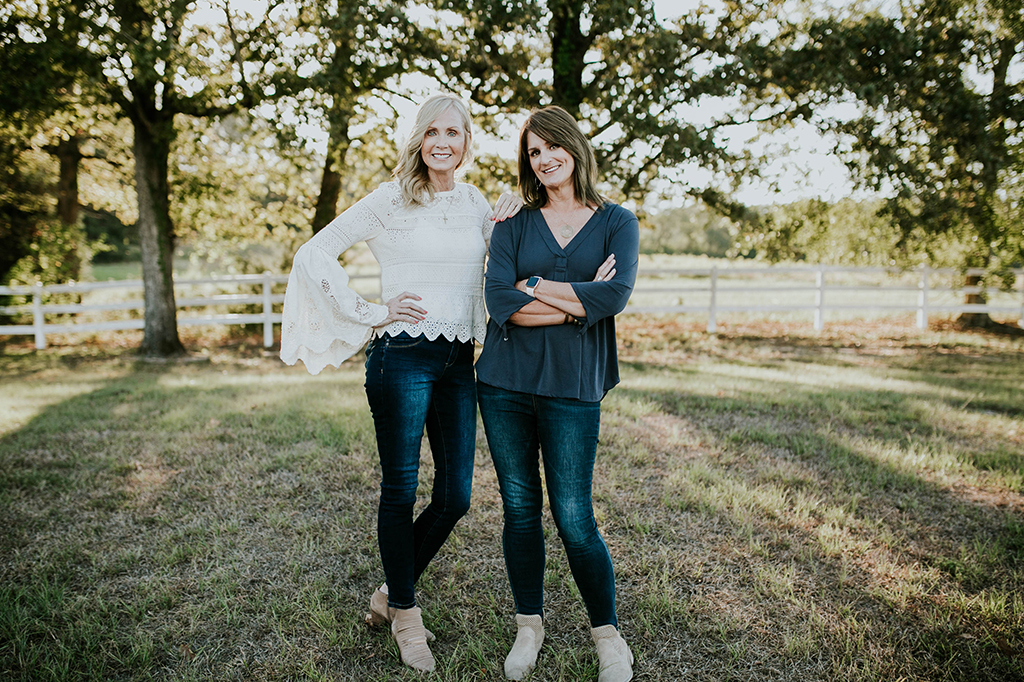
Where Do We Stand On Feelings?
As an older person, I now know that both the giddy, wonderful, and horrible, awful, feelings I felt as a teen in the 1960’s and 70’s are, without a doubt, deceptive and take claim as a partial problem-maker concerning much of what is happening with our youth today.
So, what is happening?
Sadly, our young people are struggling. Mental health issues are at an all-time high and parents are at a loss as to what caused it and how to help. I am not a psychologist or a mental healthcare worker. I am a mom, grandma, and a great grandma, concerned for the future. I am an observer of people. I am a former schoolteacher, a current camp director, and a church youth volunteer. I have fourteen grandchildren and currently six great-grandchildren. I have a lot at stake. Just like you do. I do not have all the reasons why our young people are struggling so much, but I have a guess and I can look to trusted research centers for other clues.
The Pew Research Center found that of the pressures teens face in the United States, 61% report feeling a lot of pressure to get good grades and three-in-ten say they feel a lot of pressure to look good (29%) and fit in socially (28%). Social media is no doubt a big threat to our children in so many ways. When I was a teen, I felt some pressure from teachers and my parents, but the pressure was to be a good person and do my best at all I set out to accomplish. We were expected to be on time to school and do our homework. We were challenged by coaches and school principals to do our best. Our children, today, feel pressure from other children to think a certain way, look a certain way, dress a certain way, sing, dance, play an instrument, excel in sports, and on and on and on. From every angle, our children, teens, and young adults, are bombarded with feeling like everyone else has something they do not have. In my opinion, social media is just one piece of the puzzle. I just mentioned that our young people “feel” like everyone has something they do have. That’s the other elephant in the room—feelings and how we (meaning us and our children) handle them.
Prior to the 1960’s feelings were not a main topic of discussion. In fact, when I talk to my 91-year-old mom about child-rearing, she is quick to point out that feelings were never a driving force or deciding factor for decisions she made concerning her six children. And, her mom, thought about it even less. Feelings don’t enter the picture when you’re digging up potatoes or wringing the neck of a chicken for dinner. (I know—a little graphic but proving a point.) For most Americans during the last 200 years, feelings and expressions of those feelings were a luxury not to be misused in public. In fact, children were often told to “control your emotions” for the good of other people or the situation around them. My mother often used the expression “straighten up”, which meant to get your feelings in check.
Now, I’m not saying feelings aren’t important. We know they are and ignoring feelings entirely can be detrimental too. But, we also, now know, they are not the most important thing in the room as has been the battle cry of many since the 1960’s when “feelings” became popular. What popularized “feelings” is, of course, another discussion, but my guesses include a more affluent society and the mainstreaming for psychology. But like I said, that’s another discussion.
Here we sit in 2022 and feelings seem to be making all the decisions. If a child doesn’t feel like going to the birthday party, instead of mom saying, it isn’t polite to miss an important event for your friend, mom is likely to say, it’s okay, if you don’t feel like going, you don’t have to go. If a child gets their “feelings” hurt after being disciplined for something they needed to be disciplined for, the parents are likely to “feel” bad for disciplining the child and reverse the disciplinary action. This contrasts with centuries of childrearing that leaned toward doing what was needed instead of what was wanted. There are so many biblical examples of times when God disciplined His followers without asking their opinion or considering whether they would have their feelings hurt.
How does a “feelings based” society contribute to the issue of a teen or a young adult struggling with anxiety, stress, low self-esteem, or depression. When a child is not taught to “control their emotions,” they grow up thinking their feelings have more value than the facts of the situation. That child will constantly give more weight to their feelings, which we know can be a straight up lie. But, when a child learns to value feelings, while not letting them rule their head, a child is better equipped to handle the constant barrage comparisons and poor choices that are thrown at them. Parents and grandparents can teach their children to view situations with this sentence “I know what it feels like, but what is the truth?” “What do the facts say?” That kind of critical thinking can help a child look at any situation and decide what to do, not because it feels good or bad, but because the facts points them in that direction.
Let’s face it, our minds aren’t always the best neighborhoods to hang out in. A child’s or a teen’s mind is rarely the best place to hang out. Giving emotions or feelings more importance than they should have reduces other people, situations, and important actions to simple gut reactions to feelings, instead of good judgment based on solid facts.
Christian role models are doing their best to combat this by speaking truth into our young people at youth events, but it’s almost a too little and too late scenario. What is needed is for parents and grandparents to start NOW with that toddler or elementary age child. Adopt some of the 1950’s wisdoms and parenting philosophies that teach getting “hold” of our emotions or feelings is important. When I was a child, my parents acknowledged my feelings but never let me “sit” in them. In other words, I was given an appropriate amount of time to sulk or pout, but it wasn’t long before I was told to “straighten up” and rejoin the family in whatever was going on. If we continued to pout or show a display of emotions in an area of the house where the family was eating or watching TV, my mom would say, “you’re welcome to stay in here with us, but that attitude isn’t.” It didn’t take us long to figure out the fun was in room with the family, not pouting with our emotions. People who are allowed to have undisciplined emotions are people who ultimately destroy relationships, property, and spiritual health.
Happiness is more about learning to “hang on” and handle our feelings appropriately than it is about letting them all hang out. Once again, I’m not suggesting that feelings aren’t important and shouldn’t ever be discussed. Absolutely not. I’m saying we must help our children learn how to handle them, not just share them, or “sit” in them. Building emotionally stable, resilient, responsible, and faith-filled future citizens is really the hope of our future. It starts at home with moms and dads and grandparents who can stand strong and do the things that turn strong kids into strong adults.
I would love to hear your thoughts on this subject. Please comment and let me know how you feel.
Hugs, Chrys







